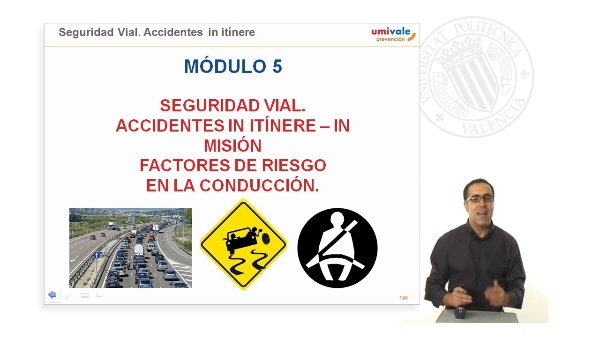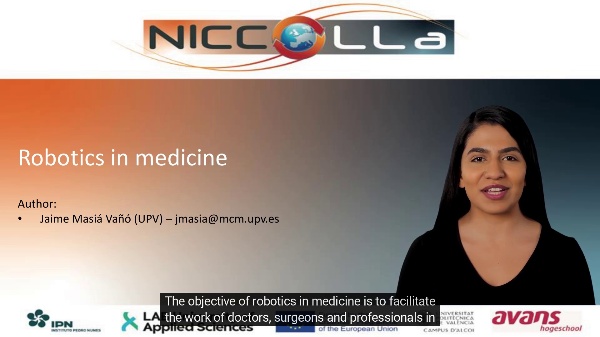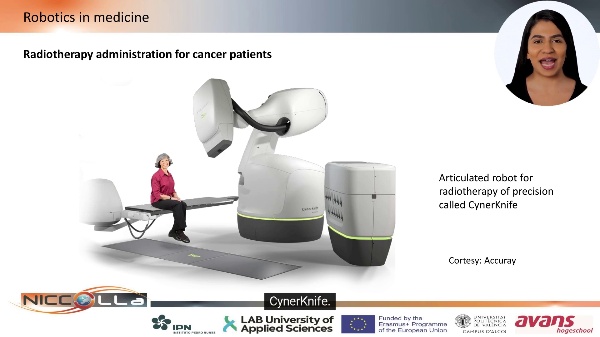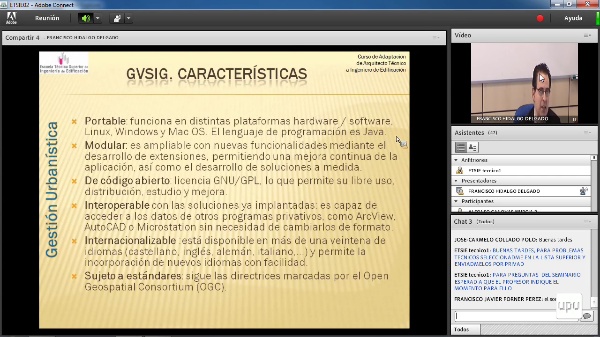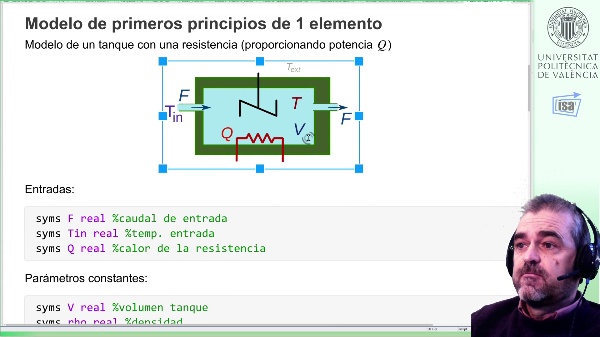Daniel Bonifacio - PERSONALIZED DOSIMETRY IN NUCLEAR MEDICINE
Radiopharmaceuticals can act as diagnostic and therapeutic agents. Diagnosis and therapy can also be integrated in a concept called theranostics. Traditionally, radionuclide therapy is performed by fixed activity administration, which is considered safe for an entire population. However, this leads to significant fluctuation in absorbed dose values delivered to the tumour tissues and organs at risk, hindering the prediction of treatment outcomes. A promising approach for personalized dosimetry is based on Monte Carlo simulations with actual patient data, including molecular imaging, such as Positron Emission Tomography (PET) or Single Photon Emission Computed Tomography (SPECT), to define tumour region and computational anatomy modelling using computed tomography (CT) images. This approach leads to more accurate absorbed dose estimates, due to a realistic description of the patient¿s anatomy, including the tumour tissues and the organs at risk. The quantification process can be performed by several different methods, from kinetic modelling to automatic AI methods. Therefore, an accurate dose estimate using Monte Carlo simulations relies on proper functional image quantification and precise organ segmentation from CT images. Our group is developing a web application for precise patient-specific voxel-based dosimetry for radionuclide therapy that minimally impacts both the clinical routine and resources. This application relies on the absorbed dose estimates using Monte Carlo simulations and anatomical and functional patient images. AI methods will be applied for image segmentation and tumour characterization.






